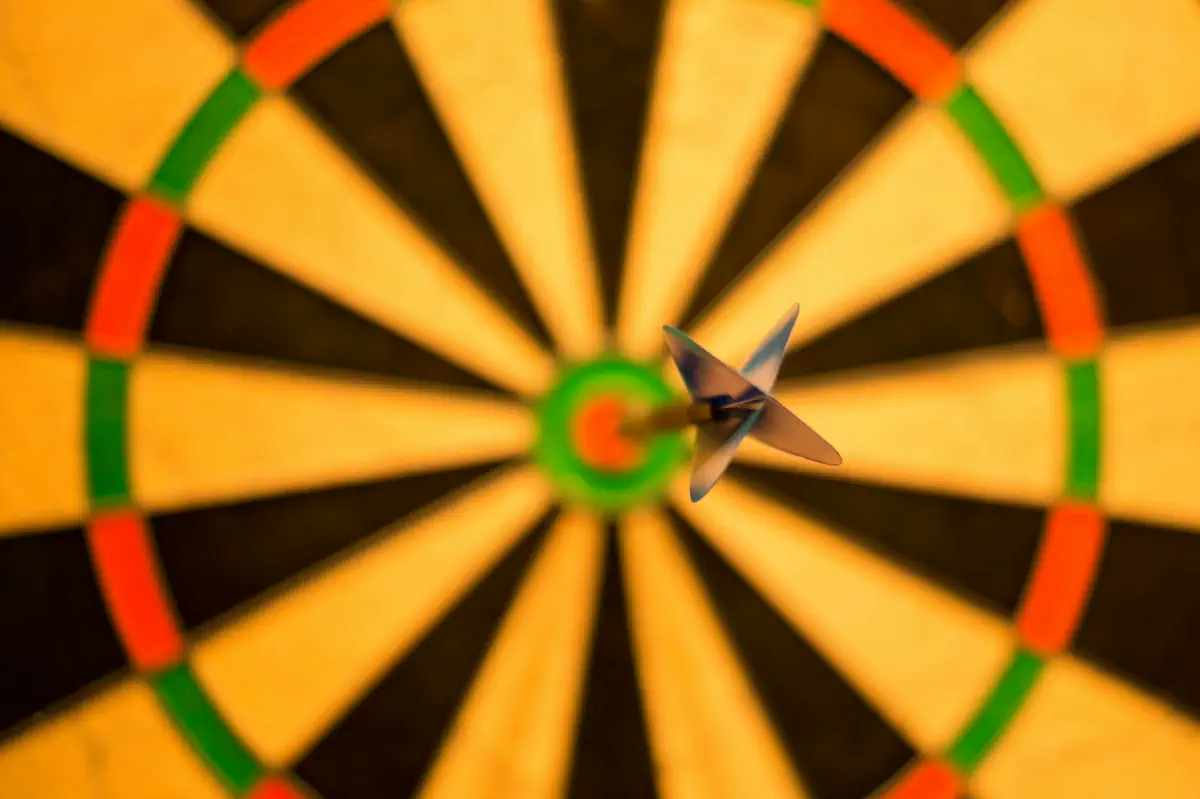What Are Effective Communication Strategies in Team Building?

What Are Effective Communication Strategies in Team Building?
Effective communication is the cornerstone of any successful team. It enables members to share ideas, resolve conflicts, and work together toward common goals. Without it, even the most talented teams can struggle to collaborate effectively, leading to inefficiencies and missed opportunities.
Team-building activities are a proven way to enhance communication within a group. However, they are most impactful when paired with intentional strategies designed to improve dialogue, trust, and understanding among team members. By focusing on clear and effective communication, organizations can foster stronger connections, improve collaboration, and achieve better results.
Here’s a detailed look at some of the most effective communication strategies for team building and how they can transform your workplace dynamics.
1. Active Listening: The Foundation of Understanding
Active listening is one of the most important communication skills in team building. It involves fully focusing on what the speaker is saying, without interrupting or formulating a response while they’re speaking. This ensures that the speaker feels heard and understood, fostering trust and openness.
In team-building activities, active listening can be practiced through exercises such as storytelling games or role-playing scenarios. For example, one participant might share a story while others are tasked with summarizing key points or asking insightful questions.
The benefits of active listening extend beyond team-building sessions. It helps reduce misunderstandings, improve conflict resolution, and create an environment where every team member feels valued and respected.
2. Clear and Concise Messaging: Avoiding Miscommunication
Clear communication is essential for effective teamwork. Misunderstandings can lead to mistakes, missed deadlines, and frustration, all of which can hinder team performance. Developing the habit of clear and concise messaging ensures that everyone is on the same page.
Team-building exercises such as the “Blindfold Challenge” are excellent for practicing this skill. In this activity, one team member provides verbal instructions to guide a blindfolded partner through an obstacle course. Success depends on how effectively the instructions are conveyed and understood.
By encouraging clarity in communication, teams can reduce errors and improve their overall efficiency.
3. Encouraging Open Dialogue: Fostering Transparency
Open dialogue is the practice of creating a safe space where team members feel comfortable sharing their thoughts, ideas, and concerns without fear of judgment. It is particularly important in diverse teams, where different perspectives can enrich discussions and lead to better solutions.
In team-building settings, activities such as roundtable discussions or brainstorming sessions can promote open dialogue. For instance, during a collaborative workshop, participants might be encouraged to voice their ideas freely, with the assurance that all contributions are valued.
When teams embrace open dialogue, they build a culture of transparency and trust, which is essential for long-term collaboration and innovation.
4. Nonverbal Communication: Recognizing the Unspoken
Nonverbal cues, such as body language, facial expressions, and tone of voice, play a significant role in communication. Being attuned to these cues can help team members better understand each other’s emotions and intentions, improving overall interaction.
Team-building activities like charades or nonverbal storytelling games are great ways to highlight the importance of nonverbal communication. These exercises challenge participants to convey messages without words, emphasizing the need to interpret body language and expressions accurately.
By improving their nonverbal communication skills, teams can enhance their ability to collaborate effectively, even in high-pressure situations.
5. Providing Constructive Feedback: Building Growth-Oriented Teams
Constructive feedback is essential for team growth and improvement. However, delivering feedback in a way that is clear, respectful, and actionable requires practice and intention.
Team-building activities such as peer review sessions or group retrospectives offer opportunities to practice giving and receiving feedback. For example, after completing a collaborative task, team members can share what worked well and what could be improved, focusing on behaviors rather than personal attributes.
Constructive feedback fosters a culture of continuous learning and improvement, helping teams achieve their goals more effectively.
6. Adapting Communication Styles: Embracing Diversity
Every team is made up of individuals with unique communication styles. While some may prefer direct and concise conversations, others might value more detailed discussions. Adapting communication to suit different styles ensures that all team members feel understood and included.
Team-building activities that involve role reversal, such as switching roles within a task, can help participants appreciate and adapt to diverse communication preferences. This fosters empathy and enhances team cohesion.
By learning to adapt their communication styles, teams can collaborate more effectively and create a more inclusive workplace environment.
7. Collaborative Problem-Solving: Strengthening Team Dynamics
Problem-solving often requires teams to combine their skills, knowledge, and perspectives. Effective communication is at the heart of this process, ensuring that ideas are shared, evaluated, and implemented cohesively.
Activities like escape rooms or group challenges provide opportunities for teams to practice collaborative problem-solving in a fun and engaging setting. These exercises highlight the importance of active listening, clear messaging, and open dialogue in overcoming challenges.
Strong problem-solving skills, supported by effective communication, enable teams to tackle complex projects and achieve their objectives more efficiently.
How We Can Help
At Events In Minutes, we understand the critical role that communication plays in team building. Our platform offers a curated selection of pre-defined event packages designed to strengthen communication skills and foster collaboration. From interactive workshops to engaging problem-solving activities, our events cater to the unique needs of every team.
With instant booking options, you can plan impactful team-building sessions without the hassle of managing logistics. Explore our event packages today and let us help you create a stronger, more connected team through effective communication strategies. Together, we’ll lay the foundation for long-term success.
